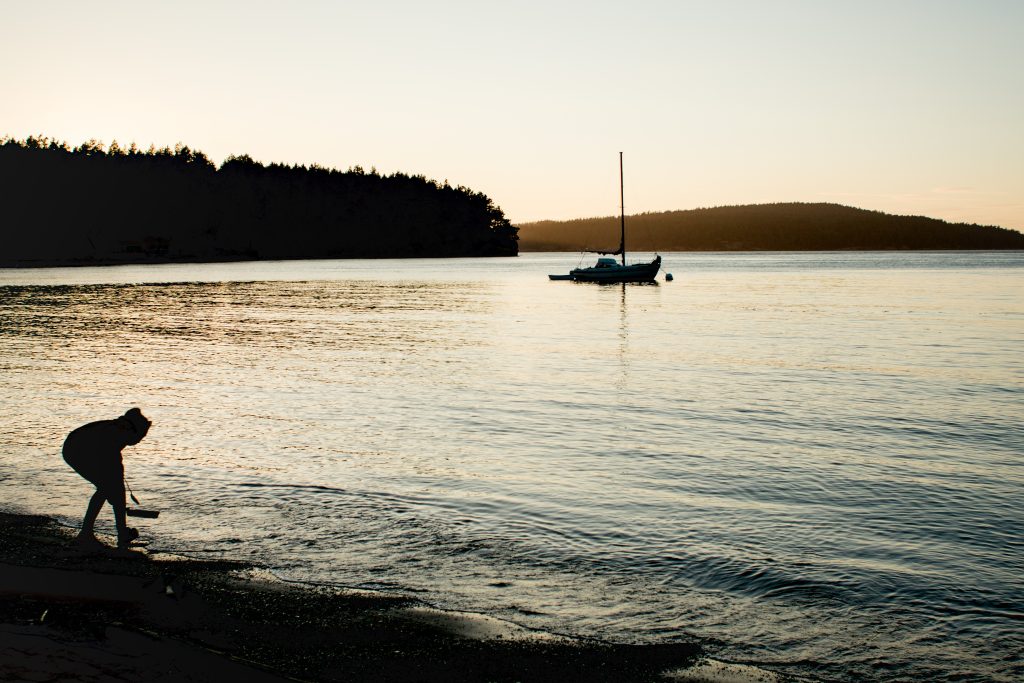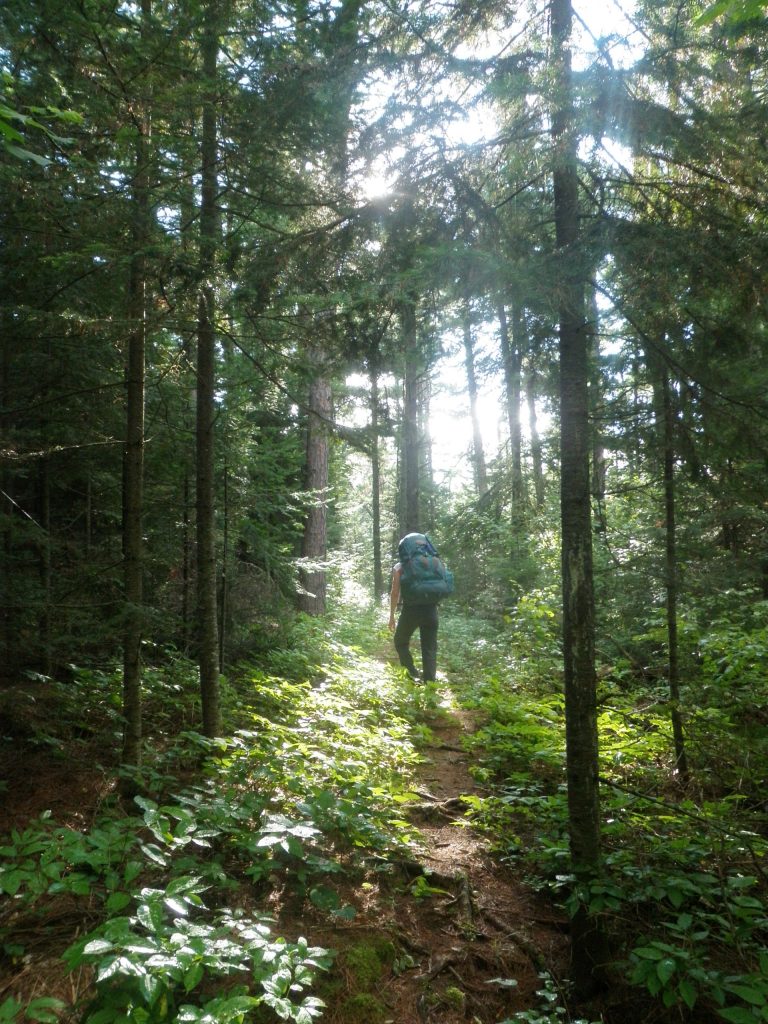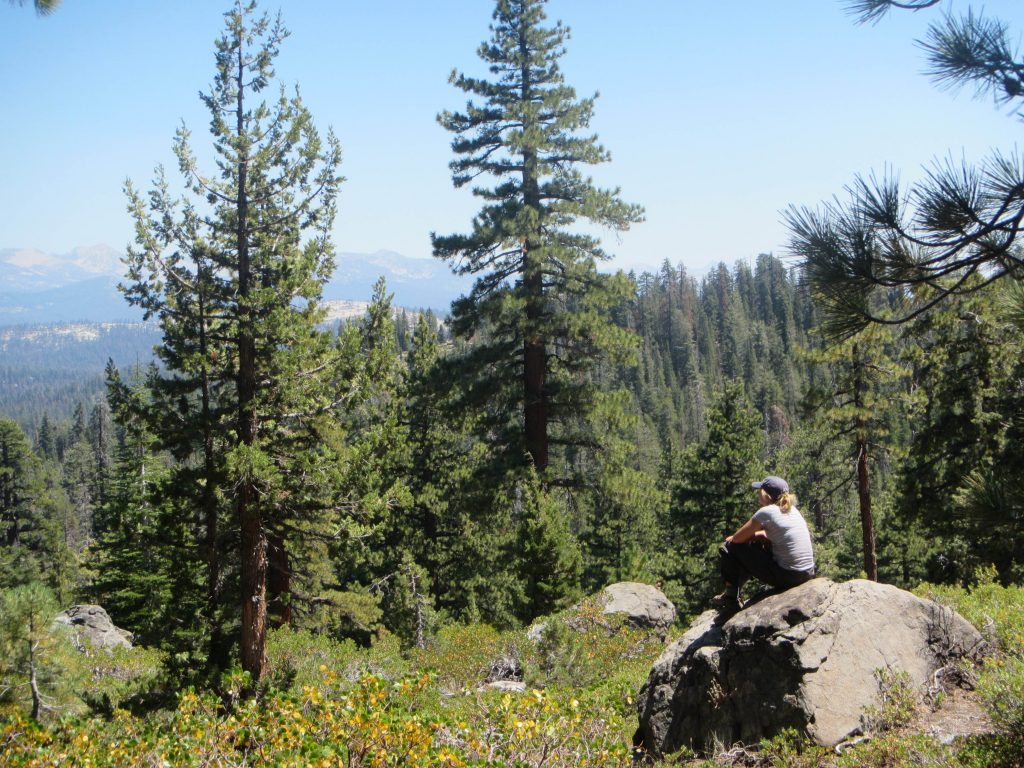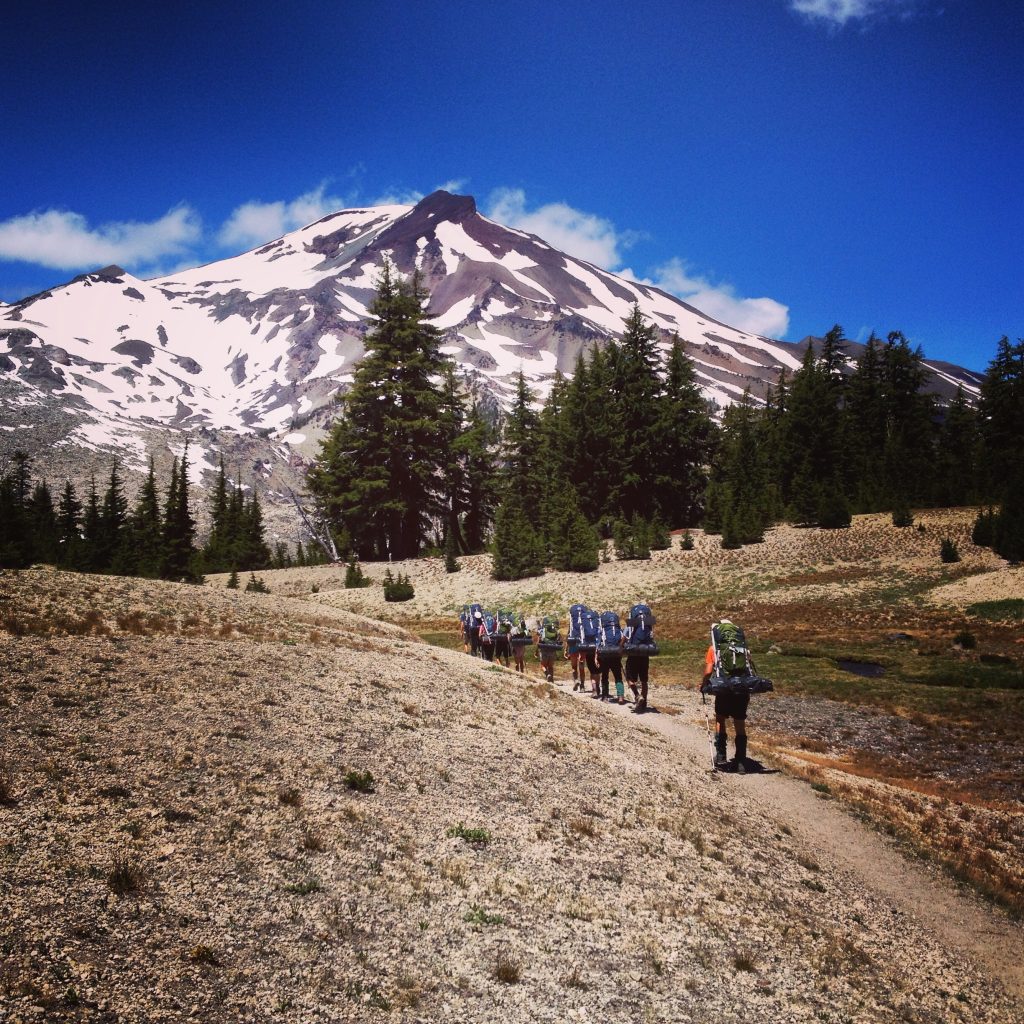On July 4, 1845, a 28-year old left his comfortable station in life and retreated to the woods. For the next two years, two months and two days, he lived in a cabin that he built himself, surviving on what he could gather with his own hands. His only companions were the books he brought, the birds on his window sill and the ruminations of his own mind. He lived alone and simply, recording his experience as he went along. His experiment was published under the title Walden and as you might know already, his name was Henry David Thoreau. The book sold poorly, and he died 14 years later at the age of 44. The book has enjoyed both adoration and ridicule since his death, but is now an immortal piece of American literature and few would doubt its importance. In fact, ask an outdoors enthusiast about the books they might recommend and you are apt to find Walden in the list every time. Why?
Because in his book, Thoreau exposes something we all recognize to be true: Nature can provide clarity in one’s life that cannot be found anywhere else.

Photo shows a student on a Northwest Outdoor Educator expedition, courtesy of Charis Nichols.
Mindfulness and Nature
Have you ever noticed that mindfulness apps and yoga studios use nature sounds as the background for pursuing mental clarity? It’s because mindfulness and nature are intrinsically connected. Both are realities that are readily accessible to those who wish to find them.
But, what is mindfulness and why is it suddenly so popular? While waiting in the line at the grocery store, I see just as many magazines dedicated to mindfulness as I do celebrity breakups and six-pack abs. Schools and youth programs are including mindful moments throughout the day. What does it mean?
“Mindfulness means paying attention in a particular way: on purpose, in the present moment, and non-judgmentally.” -John Kabat-Zinn
No matter how you achieve this state, the intention of mindfulness is to live fully in the present, observing all that is occurring without judging it as good or bad. Thoreau intended to live mindfully, and so he went outside.

Photo shows a solo backpacker on an Outward Bound course, courtesy of Samuel Del Favero.
Living Deliberately
When Thoreau crossed the threshold from conventional society to the wild unknown, he outlined his reasons with these words:
“I went to the woods because I wished to live deliberately, to front only the essential facts of life, and see if I could not learn what it had to teach, and not, when I came to die, discover that I had not lived.”
In those few words, Thoreau defines what it means to live mindfully. Here is a man who wishes to use every day available to him. Stripped of unnecessary desires and worries, he goes forth with an open mind, ready to experience fully all that his short life can throw at him. He argued that most people live lives of “quiet desperation,” silently yearning for something more than the conventional mode of living. He argued that we should question why we do what we do; that we should live deliberately.
In the same way, being outdoors helps us to live with intention. We examine every action to justify its purpose. Unnecessary items in our backpack is weight that hinders us in the long run. A few extra minutes of comfort and warmth in our sleeping bags in the morning adds to later nights of discomfort and cold. Careless words spoken to our companions may ostracize us from the only social network we have available within hundreds of miles. Every action we take must be deliberate and intentional, and when we return to our everyday existence, we examine our lives through the same lens. Do we enjoy the way that we spend our days? Nature teaches us to be mindful of how we use our time.

Photo shows a student participating in Solo on their Outward Bound course.
To Front Only the Essential Facts of Life
The New England culture of Thoreau’s time championed material gain, comfort and a civilized life that abided by social norms. Sound familiar? He saw these ideals simply as illusions and set out to “front only the essential facts of life.” By leaving the distractions of civilization behind, Thoreau hoped to find truth.
Americans touch their phones 2,167 times per day on average. Fifty percent of teenagers say they are addicted to their phones.
Sometimes it can be hard to accept truth. If I asked how often you check your phone, would you be disappointed in the answer? How about your email? How often do you binge television? How often do you have a day that’s truly worth remembering?

Fifty percent of teenagers say they are addicted to their phones.
Have you ever gotten home after a long day and wondered, “How did I get here?” It’s like you’re on autopilot. Being able to run through your daily activities while lost in thought is possible because of what’s called the Default Mode Network in your brain. Research shows that our Default Mode Network is operating for over 50% of our lives. That means we’re missing out on half of our lives!
Extended time in the wilderness doesn’t allow you to miss much. Each vista grabs your attention and each decision requires your soundest judgment and vigilance. You may never be as in touch with your body and mind than you are out there.
“The function of man is to live, not to exist. I shall not waste my days trying to prolong them. I shall use my time.” -Jack London
If you want to live, mindful of every precious moment, ready to suck out the marrow of life and see what it has to teach, then maybe you should go into the wilderness. Thoreau did, and he was never the same again. Perhaps the same will be true for you.

Photo shows a student on a Northwest Outdoor Educator expedition, courtesy of Trevor McKee.
About the Author
Christian Vogelgesang has been instructing for the North Carolina Outward Bound School for over two years. His favorite part about the job is watching a crew rise to meet a challenge. When he is not instructing, he can be found playing music or playing pranks.




